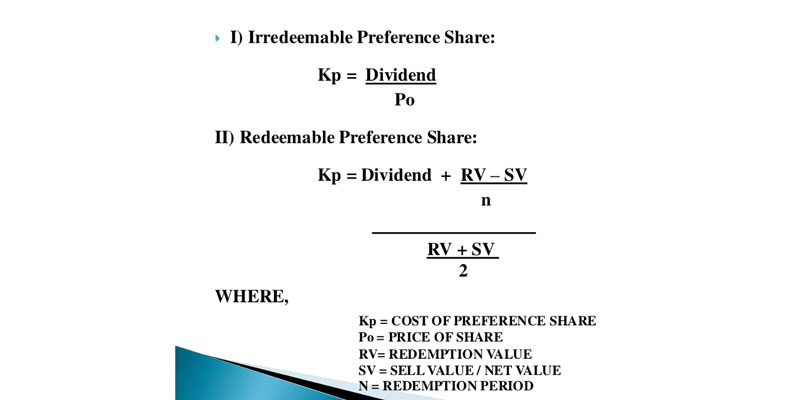For effective investing, it is essential to have distinct reasons or goals for making investments. Investing may be challenging, time-consuming, and even risky if you aren't paying attention to what you're doing, much like working out at the gym. The following are some of the most typical justifications for investing, as well as some ideas for investments that are suitable for those justifications.
Retirement
The Social Security system never intended to provide sufficient funding for retirement, and it is unknown what will happen to benefit payments in the years to come. Consequently, the investment may be a tool that can help you carve out a more secure road to retirement when it comes time for you to stop working. Investing for your post-career years should be guided by the following three maxims:
- The farther you are from retirement, the more time your savings will have to accumulate interest and dividends. When putting money down for retirement, you should be aware that you are up against inflation, sometimes known as rising prices. In other words, if you do not invest your money in a manner that generates returns higher than the inflation rate, your money's value will decrease over time.
- The older you are when you get started, the more cautious you will need to be about taking chances. This indicates that you will most likely employ guaranteed assets, such as debt securities, despite their lower returns. On the other hand, getting a head start while you're young enables you to assume greater risks in exchange for (ideally) greater rewards.
- When you start learning about investing at a young age, the subject will be much simpler to understand later on. Because it may be difficult to find qualified financial advisors and expensive to keep them on staff, it is advisable to handle one's financial affairs whenever possible.
Investing for retirement is quite similar to investing in anything for the long run. It will help if you are looking for high-quality investment vehicles that you can acquire and keep as the primary use of the bulk of your investment funds. Your retirement portfolio will combine other investments, such as index funds, bonds, debt securities, and equities, among other money market instruments. This balance will alter as you do, shifting steadily toward assets with low risk and assured returns as you age.

Achieving Short-Term Financial Goals
You are not required to consider the long term constantly. Investing is a tool that can be used as well to shape your current financial status as it can be used to shape your future financial condition. Do you have plans to purchase a BMW in the next year? Do you have any interest in going on a cruise? Wouldn't it be lovely to go on vacation knowing that dividends covered the costs?
Because investment evolves with the investor's intended objectives, this investment is not the same as investing for retirement. Investing may be utilized to boost your income from work, which can help you acquire the items you want. Combining long-term and short-term investments is one strategy for achieving one's financial objectives via investments. If you are making investments with the hopes of purchasing a home one day, you will probably be considering investments with a longer time horizon. Short-term investments that produce dividends or high-yield bonds are two good options to consider if you want to use your savings to purchase a new computer in the next year (also known as junk bonds).
Reasons Not to Invest
In the same way that there are two primary motivations to invest, there are also two primary reasons not to invest: being in debt and not having enough information. When it comes to debt, everything boils down to basic arithmetic. Imagine that you have a loan of $1,000 with an interest rate of 9% and that you also get $1,000 in a bonus. Should you use it toward paying down the debt, or should you invest it? Paying down the debt is a quick solution. If you want to make it profitable to invest it, the return on your money has to be far more than 9 percent (this does not include any commissions or costs).

When it comes to having insufficient information, the proverb "fools rush in where angels fear to tread" is applicable. You may probably suffer a rapid financial loss if you randomly invest your money in financial markets you do not fully comprehend. An example of working out is you don't go into a gym for the first time and try to lift 500 pounds immediately. Your first foray into investing needs to be approached progressively, much as how one would go about lifting weights.




